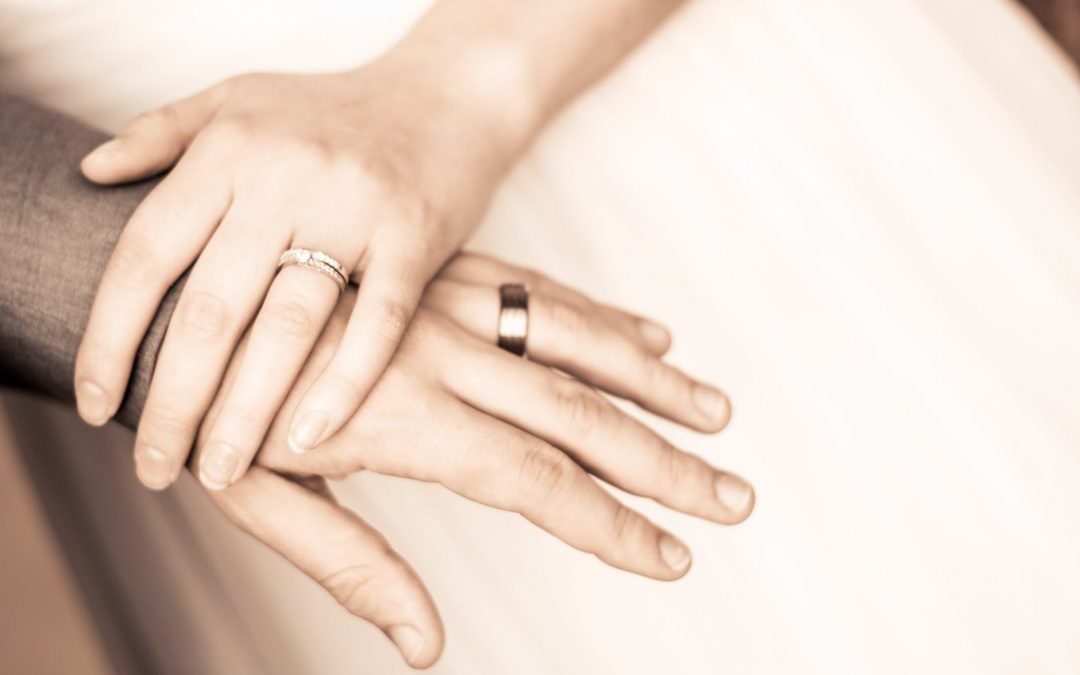People are often capable of withstanding more than we give them credit for. While we may talk about the difficulty of coping with the possibility of a loved one’s death, when it actually happens, we tend to manage and do so quite well.
When my daughter died by suicide, I was thrown into the deep end without a lifeline. There was no time to consider how I would cope, but I managed nonetheless. Decisions had to be made, and life went on. It was a combination of personal life experiences that helped me navigate that difficult time, even if I didn’t realise it at the time.
However, with the living, our loved ones may try to protect us from bad news by not telling us or waiting for a more appropriate time. But in doing so, they may prevent us from making important decisions and cause us to feel isolated and disconnected from the world around us.
When I had to tell my elderly mother about my teenage daughter’s pregnancy, I expected her disapproval, but I told her anyway. To my surprise, she was thrilled and excited about the news. It made me realise that I had made assumptions about her reaction and that it’s not our place to decide how our loved ones will respond to the news.
I once knew a cousin who wanted to wait to tell her mother about her estranged daughter’s death. She didn’t want to shock her too much, but her mother was in her nineties and had already withstood many challenges in life. We are destined to endure the shocks of life, and shielding our loved ones from bad news can prevent them from fully participating in their own care.
While the desire to protect our older loved ones from bad news is natural, we must approach difficult conversations with honesty and compassion. By doing so, we can help them maintain their sense of independence and stay connected to the world around them.
Life is designed to give us shocks and bad news and we are constantly making decisions throughout the course of a normal day. These are often of much greater importance than deciding what to have for lunch. Keeping secrets from loved ones can end up being unintentionally hurtful. There is a saying that the road to hell is paved with good intentions. It really isn’t up to one person to decide how much bad news another can take. All it needs is some thoughtfulness.
When Kelly died, we had to tell Ross’s parents but were unable to go and tell them ourselves. They needed to know right away, and it was important that the news be delivered with care and compassion. So we called an Uncle and asked him to go and do it for us. That then gave them time to absorb the shock before they could step into their natural caring roles as parents and grandparents.
So if you are tempted to withhold bad news because you’re not sure how it will be received — consider that people are amazing and can withstand all sorts of shocks. They have done this for much of their lives already — and who are we to play God and decide for them?

